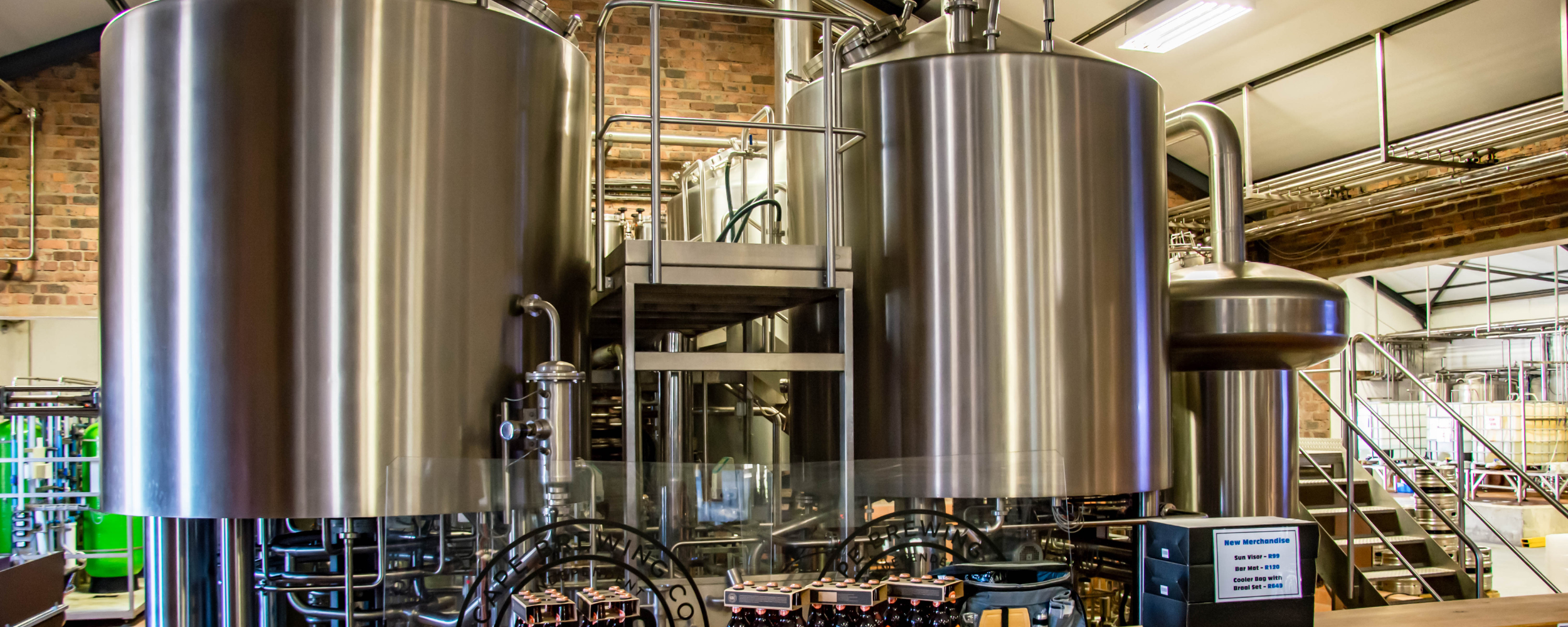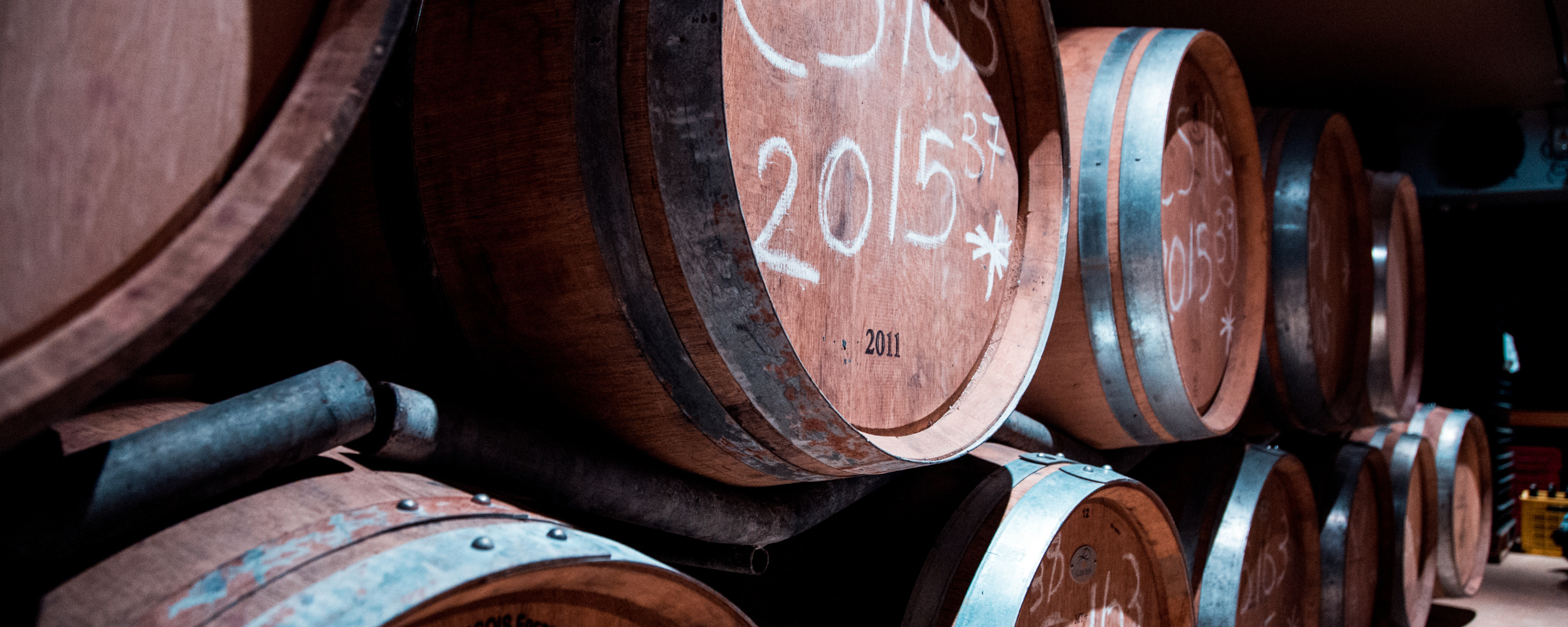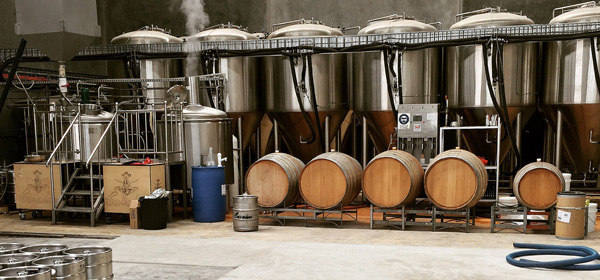Your cart is currently empty!

sanitization
-
Benefits of Eco-Friendly Sanitizers
Did you know that Vital Oxide is an eco-friendly sanitizer? There are several benefits to…
-
Top 10 Cleaning Hacks For Vital Oxide
Did you know there’s a ton of different ways to use Vital Oxide? In this…
-
5 Ways To Keep Your Hands Clean When Traveling
When you’re traveling, your hands are touching all sorts of surfaces – doorknobs, pens and…




